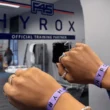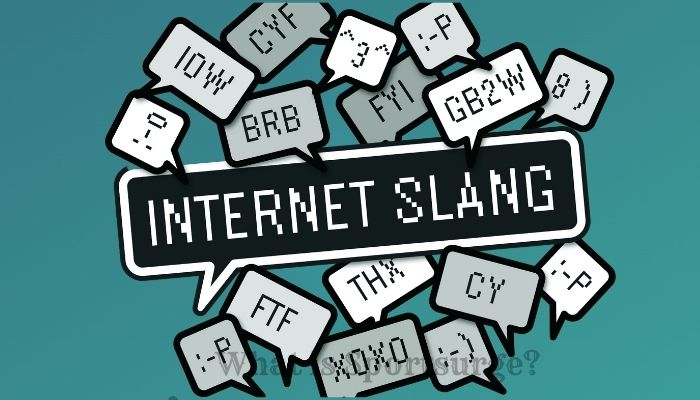Table of Contents Show
What Does IKR Mean?
IKR is an abbreviation for “I know, right?” It’s a rhetorical question indicating agreement with a recently mentioned opinion or observation. Essentially, it’s a way of saying “I know” or “Yes.” Additionally, IKR can convey a sense of relief that someone shares the same thoughts or opinions about something.
Origin of IKR
“I know, right?” has been a colloquial phrase since the 1990s, gaining popularity after the release of the movie “Mean Girls” in 2004. The first entry of IKR in the Urban Dictionary was in 2005, referencing a quote from “Mean Girls.” It started gaining widespread popularity around 2009 and has since become a common internet initialism.
When to Use IKR?
Use IKR whenever you’re about to say, “I know, right?” It’s perfect for expressing agreement with someone’s statement or opinion. Whether you’re relieved that they share the same view or simply acknowledge their point, IKR works well in casual conversations. Remember, there are no strict grammar rules for using IKR, and it can be written in both uppercase and lowercase in online interactions.
Tips for Using IKR Like a Pro
- Only use it when you completely agree with a statement.
- Avoid using it in formal situations or conversations.
- Skip punctuation when using IKR.
- Consider adding an emoji like 😏 after the acronym for added emphasis.
Examples of IKR in Conversation
- Friend: “I hate how people show off on Instagram.” You: “IKR? That’s the reason I don’t have an Instagram account!”
- Friend: “I think I’m going to start growing my own vegetables to save money.” You: “IKR, that’s a great idea!”
What Does GTG Mean and When to Use It?
GTG, short for “Got to go,” is a widely used internet slang term that signifies the need to end a conversation or leave a current situation. It’s commonly employed in texting, online messaging, and social media platforms. Here’s a comprehensive overview of the usage of GTG:
Usage: It’s typically utilized in both casual and informal conversations to politely inform the other party that the speaker needs to leave. This could be due to various reasons such as time constraints, prior engagements, or simply the desire to end the conversation.
Examples:
- “Hey, I really enjoyed talking to you, but I have to GTG. Talk to you later!”
- “This has been great, but I have an early morning tomorrow. I GTG.”
- “Sorry to cut this short, but I have to GTG for a meeting.”
Other Meanings of GTG:
1. Good to Go: In certain contexts, GTG can also stand for “Good to go,” indicating readiness to proceed with a task or activity.
2. Online Gaming Usage: It’s commonly used in online gaming communities to indicate the need to leave a game or session.
Origins and History
Origins: GTG is believed to have originated from military communication as shorthand for “got to go.” It later transitioned into internet chatrooms and messaging platforms.
Evolution: Over time, GTG became widely adopted in various forms of digital communication, including social media, texting, and email.
Usage in Professional Contexts
In professional settings, GTG is used to signify the need to leave a meeting or conversation due to work-related commitments. It can also indicate readiness to proceed with tasks or projects.
Examples:
- “Sorry, I have to GTG now. I have another meeting in 10 minutes.”
- “I’ve reviewed the report and I think we’re GTG to present it to the client tomorrow.”
What Does HYD Mean?
“HYD” is a texting slang that stands for “How You Doing?”. It is a friendly greeting that is used to ask about someone’s well-being or current state. It can be used to start a conversation or check in on someone’s feelings and is similar to “How are you?”. It is commonly used in online communication including social media platforms, as a shorthand way to initiate dialogue. The phrase is suitable for various contexts including professional settings and conversations with friends or family. It can be written in both lowercase and uppercase, with or without a question mark, and doesn’t require additional context to be understood.
How to Respond to HYD
When someone sends you a message like “HYD,” it’s an invitation to share a quick update about yourself. You can respond by letting the person know what you’re up to or how you’re feeling, in a brief manner. It’s not necessary to write a long reply. To keep the conversation going, you can end your response with another acronym like “HBU?” which means “How about you?” or “WBU?” which means “What about you?” This prompts the other person to share their own update, keeping the conversation flowing smoothly.












